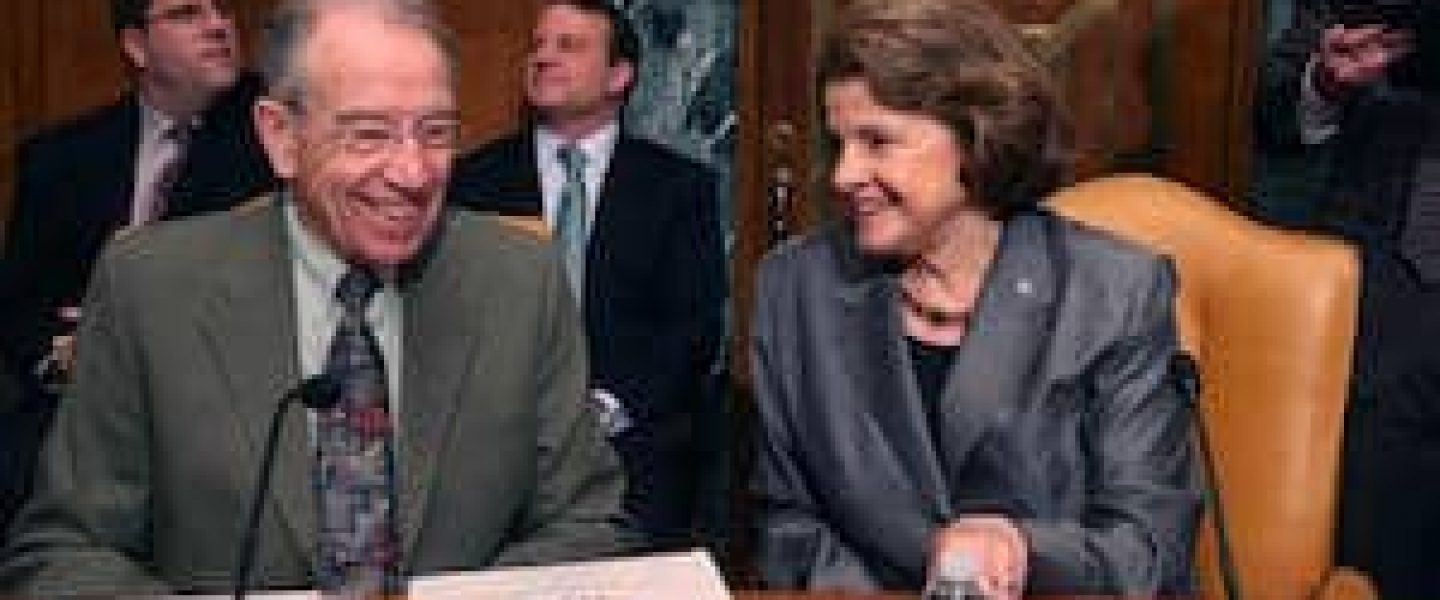Washington, D.C. – This past week, the Cannabidiol Research Expansion Act (S. 3269) was introduced in the United States Senate, which would ease research barriers and create exemptions from federal law for certain medical cannabis patients. The bill was introduced by four members of the Senate Judiciary Committee – Dianne Feinstein (D-CA), Chuck Grassley (R-IA), Patrick Leahy (D-VT), and Tom Tillis (R-NC). Much of the bill is focused on allowing for institutions of higher education or manufacturers to register with the federal government in order to conduct research on cannabis (marijuana) or cannabidiol (CBD), but it’s the “Safe Harbor” provision that is drawing the attention of medical cannabis patients.
The Safe Harbor provision would exempt pediatric patients with intractable epilepsy and their parents/legal guardians from the penalties of the Controlled Substances Act for the possession and pediatric use of CBD. Patients with conditions other than intractable epilepsy would be excluded, and no amounts of tetrahydrocannabinol (THC) are permitted.
“I applaud Senators Grassley, Feinstein, Tillis, and Leahy for taking action on this issue and trying to help this population. As a parent of a child with intractable epilepsy, this bill does much to address the needs of epilepsy patients and their families,” said Beth Collins, Senior Director of Government Relations and External Affairs at Americans for Safe Access (ASA). “However, the bill could do more as many patients with intractable epilepsy, including my daughter, need THC, as do millions of patients with other conditions across the country, and we need to do something to help them too.”
While there is an increasing amount of evidence that medical cannabis can be helpful in treating intractable epilepsy, there is also a large body of research supporting the efficacy of medical cannabis as a treatment for a number of other medical conditions such as Crohn’s Disease, Multiple Sclerosis, cancer, and chronic pain. Leaving out protections for patients for whom cannabis is a life-saving treatment option, is sending a message that somehow the lives of people with epilepsy matter more than those with other severe conditions.
“It is encouraging to see that the leadership of the Senate Drug Caucus recognizes that patients today need immediate access to medical cannabis products to treat their debilitating conditions,” said Michael Liszewski, ASA Government Affairs Director. “While we are encouraged that Senators Grassley and Feinstein have asserted that exemptions to federal law are good policy, we are concerned about the millions of patients this proposal currently leaves out. We look forward to working with the bill sponsors on how we can make sure that every patient who relies on physician-recommended medical cannabis has safe and legal access to treat their condition.”
ASA remains focused on passing the Compassionate Access, Research Expansion, and Respect States (CARERS) Act (S. 683/H.R. 1538), which would not only lift several prominent federal research barriers, but would also protect state legal medical cannabis patients and the programs upon which they rely.
























